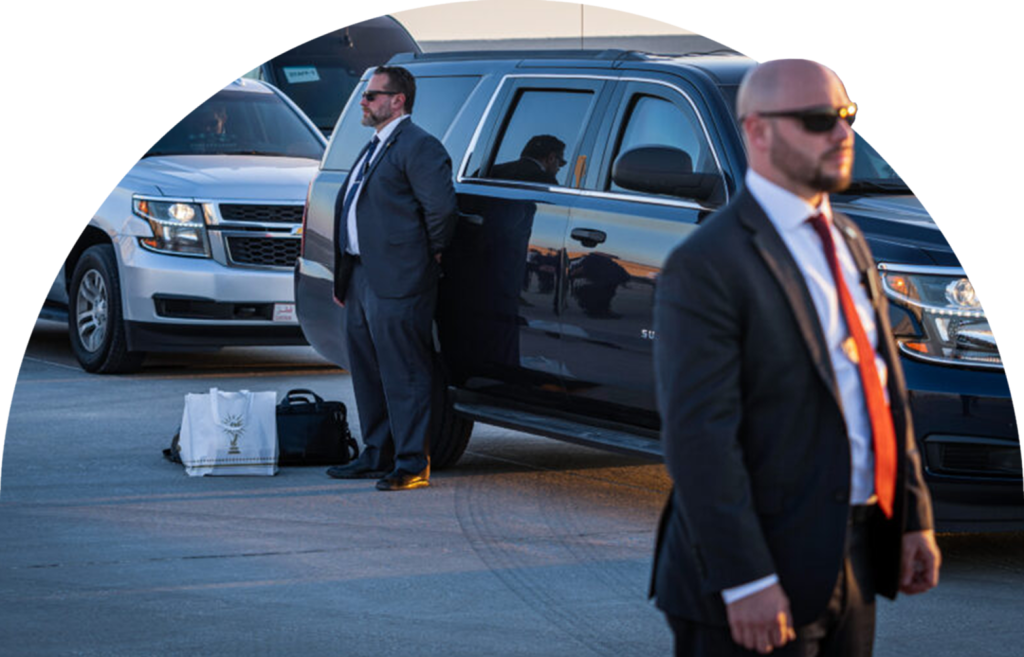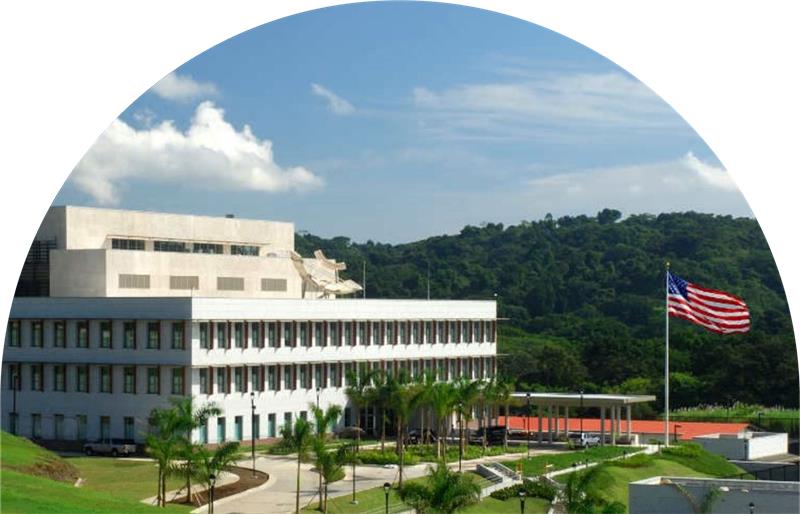Power the Mission Behind the Flag
Foreign Service Specialists (FSS) provide the critical expertise and operational support that allows American diplomacy to function around the world. From IT and security to medicine, logistics, and public outreach, they bring their specialized training to global missions in over 270 U.S. embassies and consulates.

Explore the 17 Foreign Service Specialist Career Tracks
Choose your path. Each track—grouped by the core mission areas they support—reflects a different focus of diplomatic service and shapes your training, assignments, and professional journey.

Administration
Financial Management Officer: Develop and manage embassy budgets, payroll, and financial operations to advance diplomatic efforts.
General Services Officer: Oversee procurement, logistics, vehicle fleets, housing, and facilities to keep U.S. missions running efficiently.
Human Resources Officer: Lead employee hiring, training, benefits, and performance programs for locally employed and American staff abroad.
Office Management Specialist: Coordinate schedules, communications, and office logistics to keep mission leadership organized and on track.

Law Enforcement and Security
Diplomatic Security Special Agent: Protect personnel, information, and facilities as a federal law enforcement officer at diplomatic missions.
Security Engineering Officer: Design, install, and maintain technical security systems for embassy protection.
Security Technical Specialist: Operate and maintain security hardware and countermeasures to safeguard diplomatic operations.
Diplomatic Courier: Securely transport classified and sensitive diplomatic materials between global posts.

Medical and Health
Medical Provider (NP/PA): Deliver primary and emergency healthcare to U.S. government personnel and family members overseas.
Regional Medical Officer: Serve as a physician providing acute and ongoing medical care across U.S. missions.
Regional Medical Officer Psychiatrist: Provide mental health services to U.S. government personnel abroad.<
Regional Medical Laboratory Scientist: Conduct diagnostic testing, oversee laboratory standards, and support health services globally.

Building and Operations
Construction Engineer: Manage construction and renovation of diplomatic facilities to meet safety, functionality, and security standards.
Facility Manager: Ensure the maintenance and operation of embassy infrastructure across global posts.

Public Engagement and Education
Regional Public Engagement Specialist: Strengthen relationships with foreign publics through strategic programs and outreach.
Regional English Language Officer: Promote English language education and develop programs that build long-term cultural partnerships.

Technology
Diplomatic Technology Officer: Apply advanced IT, cybersecurity, and network expertise to support the Department's global digital needs.


